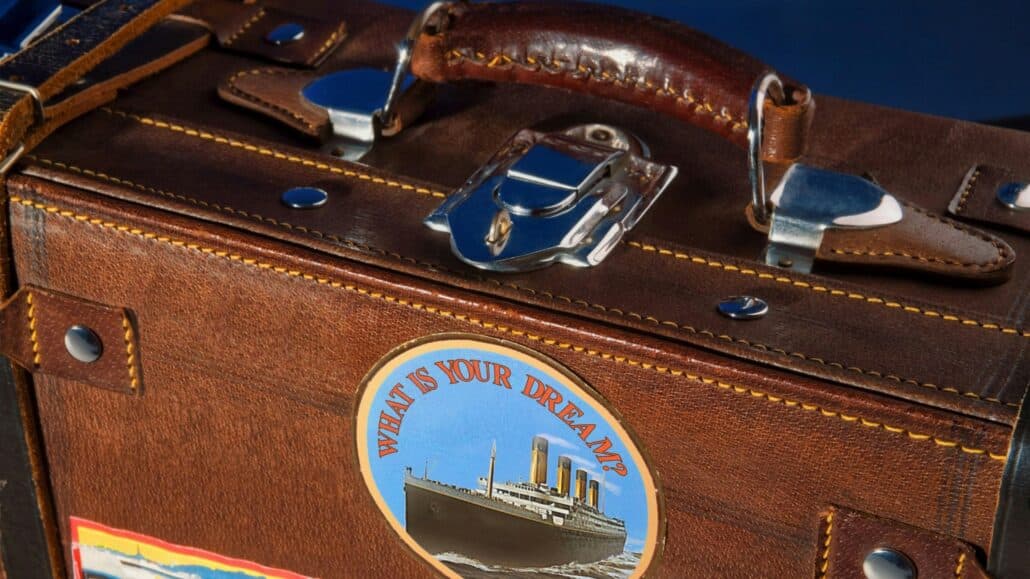I have moved many times in my life. Twelve times, in fact. Twelve times in the past sixteen years I have packed up everything I owned, drove to another city, and essentially started life over.
While many would see this as a tremendous hassle, a constant inconvenience of living in transition, I have always found it to be a rather exciting opportunity. As difficult as saying goodbye to people and places that we love can be, moving also affords us the chance to say goodbye to the people and places that have caused us distress. Entering a new city with a new job and forming new friends is the closest we will ever come to a blank slate in life, an opportunity to start fresh and to live how we’ve always wanted. With every move, I can’t help but be optimistic for the future. Things are going to be different this time, and for the better. What an absolutely hopeful experience.
And sometimes they are. Sometimes I am at a place in my life where a change in scenery does me good, when hitting the “reset” button on my routine is exactly what I needed to better live as a disciple of Christ.
But sometimes, unfortunately, they’re not. Sometimes, no matter how hopeful I am about the future and the many changes I want to make in my life, within a few months I find myself back exactly where I was before. Despite changing my address, my job, and the people around me, despite my efforts to run away from the problems that brought me down and got in the way of serving the Lord, the problems I faced before tend to be the same problems I face in the new place. It is as if they followed me; as if they jumped into one of my boxes and I unknowingly took them with me.
For years this frustrated me. Hope inevitably turned to disappointment. I couldn’t understand why, no matter how many times I moved, the same problems kept happening. Then a spiritual director shared an old quip: “Wherever you go, there you are.” As much as we would like to place the blame for our problems on some external factor—pointing our finger in accusation against another and convincing ourselves that if it were not for that factor, if only we could escape that one thing, our lives would be better—the cause of our problems often lies within us. It doesn’t matter where we live, what we do for a living, or who we associate with, we cannot run from ourselves.
If we have anger in our hearts, we can run from our past enemies, but we will most certainly find new people with whom to fight. If we struggle with authority, we can change jobs, but we will undoubtedly have new problems at our next one. As the great modern contemplative Thomas Merton once wrote, “If you go out into the desert merely to get away from people you dislike, you will find neither peace nor solitude; you will only isolate yourself with a tribe of devils” (New Seeds of Contemplation, 52). When the problem is with our very self, we will bring it wherever we go.
If we want to be disciples of Jesus Christ, following him in complete freedom and without any reservation, the first and most important thing that we must let go of is our selves. We must identify all that lives within us that does not bear life, that does not reflect the joy of the kingdom, that does not live up to the person Christ created us to be, and we must die to ourselves. Let go of your delusions of grandeur, self-loathing, and false selves, and follow Christ as the person he created you to be.








